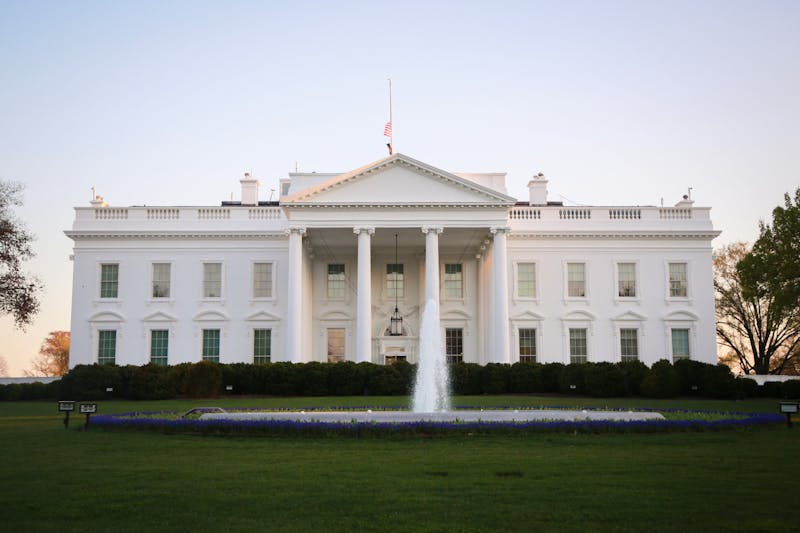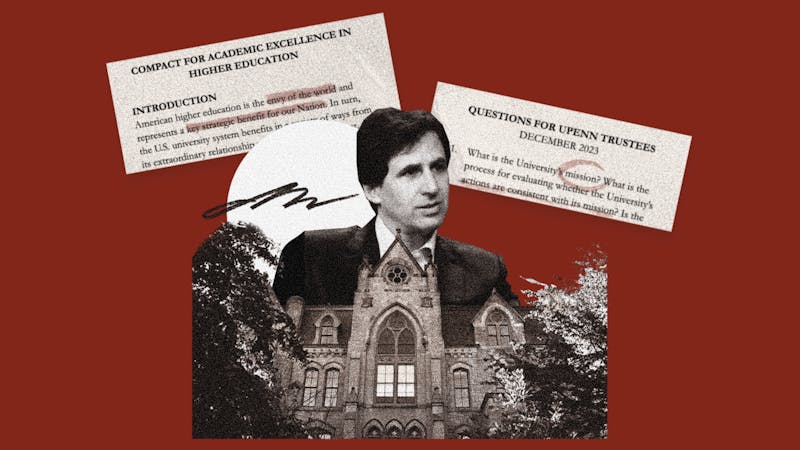
I haven't seen The Passion of the Christ. I don't think I need to. In a triumph of marketing unlike one I've ever seen, the movie's producers managed to keep it in the news cycle consistently for months prior to its release. I've read articles from its supporters and its detractors. I've read reviews and reactions. I've seen clips of it on various networks.
I'm more than a little worried.
I was cautioned not to comment on a movie I haven't seen, and maybe it's foolish of me to do so. But even without seeing it, a few things are apparent from countless reviews and articles. One: The movie is violent, perhaps one of the most brutal movies ever made. Two: Despite Gibson's sincere claims to the contrary, there is a significant amount of concern that, deliberate or not, this film is charged with anti-Semitism and depicts Jews in a depraved and bloodthirsty light.
It's hard for me not to be cynical about this film, especially the conflict surrounding the Pope's alleged reaction to the film; initially, it was reported that the Pope had spoken favorably of it. That story marinated in the press for a while -- until the Vatican eventually issued a statement to the contrary. How could Gibson, a devout Catholic, even attempt to shake out an endorsement from the Pope? Depending on your point of view, that action runs the gamut from unseemly to downright blasphemous.
According to most reviews, the film depicts Pontius Pilate as conflicted and reluctant, driven to decision by the howling Jewish priests. This is a highly subjective historical interpretation, but Gibson has shown before that historical accuracy, if it gets in the way of a project, is easily discarded by the wayside. In The Patriot, the film's British psychopathic villain locks an entire town in a church and burns them alive. I have seen no evidence that an incident even close to this happened during the American Revolution. The film also subscribes to the "slaves were happy" mentality that pervades many movies about that era, but it is hardly alone in that sense.
It is true that this isn't just a Gibson thing so much as it is a Hollywood thing, but when even Ivy League students are shown to be largely ignorant of American and European history year after year, one wonders if this isn't a problem. When the subject matter is not merely semantics but the life of arguably the most important person in human history, it is easy to lose sight of the fact that this is Gibson's interpretation and not, for lack of a better word, Gospel. Whether the Pope said of the film, "It is as it was," is largely irrelevant; the point is, that is exactly how it will be received by a vast number of viewers.
One can hardly blame Gibson for his lack of respect for history; after all, it runs in the family. According to Newsmax.com, Gibson's father, Hutton Gibson, said of the Holocaust, "It's all -- maybe not all fiction -- but most of it is." The elder Gibson went on to say, "They claim that there were 6.2 million [Jews] in Poland before the war, and after the war there were 200,000, therefore [Hitler] must have killed 6 million of them. They simply got up and left. They were all over the Bronx and Brooklyn and Sydney and Los Angeles."
I'm not worried that this movie will suddenly create a troublesome atmosphere in America. But this movie will be brought to the ends of the Earth, and I'm far more worried about the people who will see this movie and who have no contact with Jews, no realistic experiences to base their opinions on. Cinema is the most powerful of artistic mediums, and watching bloodthirsty Jewish priests call for the death of Jesus again and again will incite hatred. How could it not?
Believe it or not, I have a tremendous amount of respect for Christianity, and I think that if we followed its fundamental principles -- love, forgiveness -- we would be a lot better off. Of course, everyone has a different idea of what those elusive fundamental principles mean for society, and there's the rub. I also understand that since I'm not Catholic, the significance of the Passion of Christ eludes me. I wish it didn't. But even when I take that into account, I still can't see how showing this event in such extended, gruesome detail conveys Christianity's primary message.
The New Yorker's David Denby wrote in his scathing indictment of the film, "The despair of the movie is hard to shrug off, and Gibson's timing couldn't be more unfortunate: Another dose of death-haunted religious fanaticism is the last thing we need." I couldn't agree more. But what do I know? I haven't seen it yet, and I don't think that I will.
Eliot Sherman is a junior English major from Philadelphia, Pa., and editorial page editor of The Daily Pennsylvanian. Diary of a Madman appears on alternate Thursdays.
The Daily Pennsylvanian is an independent, student-run newspaper. Please consider making a donation to support the coverage that shapes the University. Your generosity ensures a future of strong journalism at Penn.
DonatePlease note All comments are eligible for publication in The Daily Pennsylvanian.







